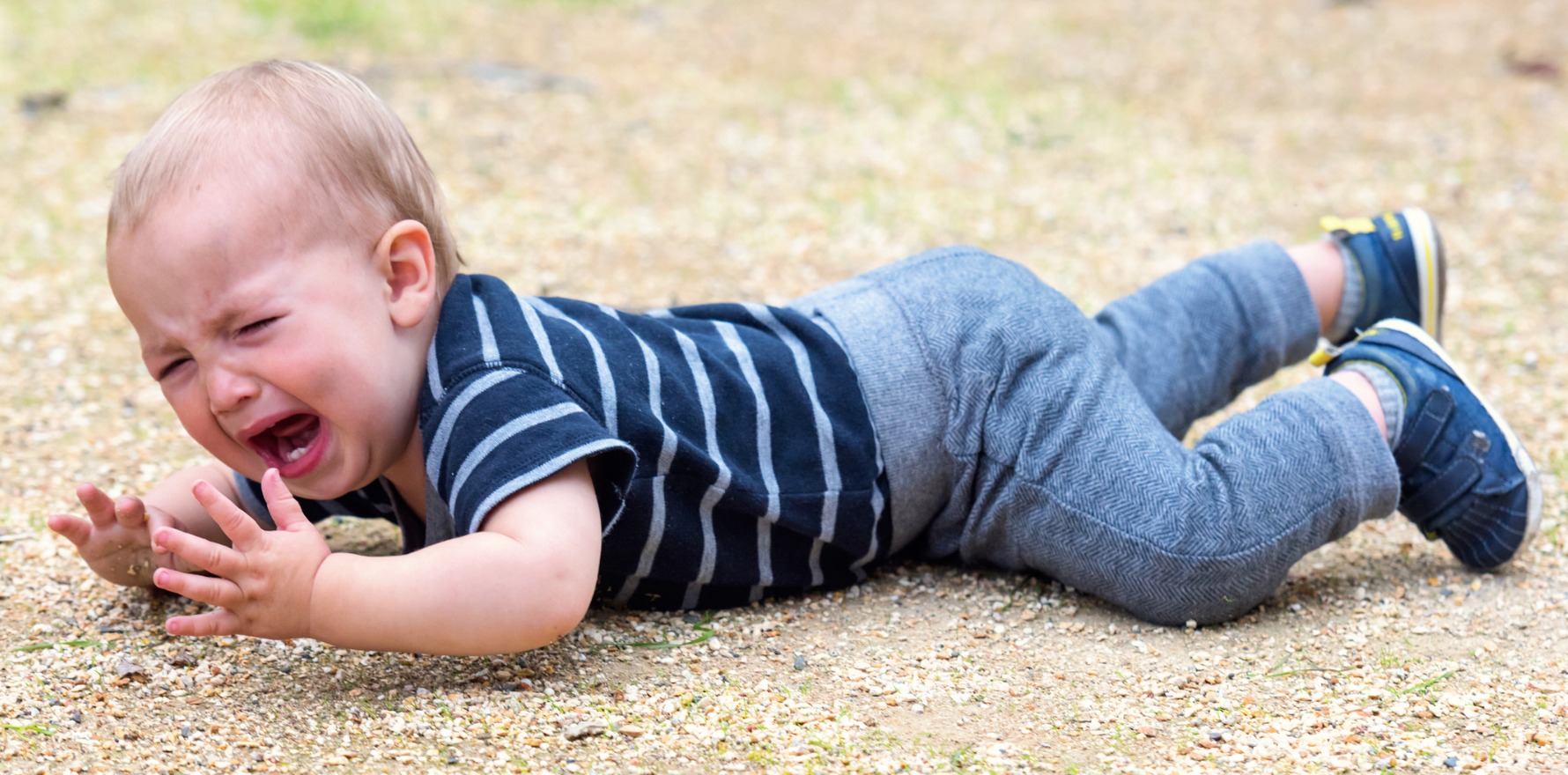Simply writing off behaviour problems in toddlers as ‘the terrible twos’ might be a missed opportunity for effective early intervention.
Simply writing off behaviour problems in toddlers as ‘the terrible twos’ might be a missed opportunity for effective early intervention, new UK research suggests.
Findings from a randomised controlled study, just published in JAMA Pediatrics, shows that a brief parenting intervention can significantly reduce behaviour problems in children as young as 12 months old. Researchers say this could alter the trajectory for these children as behaviour problems are one of the commonest mental health disorders in childhood and are associated with poorer long-term outcomes.
“Children with enduring behaviour problems are at risk of poorer health, social, and educational outcomes across the life course”, the study authors said.
The study involved 300 families of children, aged 12 to 36 months who scored in the top 20% for behaviour problems. The caregivers were randomised to receive either six fortnightly home-based video feedback sessions of 1-2 hours duration or usual care and then assessed about five months after randomisation.
Researchers found that, according to the Preschool Parental Account of Children’s Symptoms (PPACS) assessment, those children whose parents had received the intervention scored a 2-point difference from their pre-intervention assessment while those receiving usual care remained unchanged. What does that mean?
Well apparently it’s quite significant.
“By way of example, for tantrums, this two point difference would equate to a change from severe (breaking things) to mild (shouting) or a change in frequency from daily to once or twice per week,” the researchers explained.
In addition, it was found that the beneficial effect was most prominent in conduct problems rather than attention problems (so they’re not suggesting parenting modification can alter the incidence of ADHD). It also worked better in children with ‘higher levels of symptoms’ (the really really badly behaved children) and was as effective for one year olds as for two year olds.
Which brings us to the question – what was the nature of this intervention? In this study, it involved a trained health professional filming the parents interacting with their child during ‘play-based and challenging interactions’. The filmed sessions were about 10 minutes in duration and took place in the child’s home. The health professional then gave feedback on the interaction based on the principles of ‘Positive Parenting and Sensitive Discipline’. Basically the six sessions comprised of four core sessions and two booster sessions.
In describing these principles the study authors talk about sensitive responding and consistent discipline. They also talk about a young child’s normal exploratory behaviour so perhaps changing parental expectation, reducing harsh discipline, rewarding positive behaviour and of course being consistent both as an individual parent but also across both caregivers.
The really surprising thing about this study is the demonstration of effectiveness at such a young age. It is known that parenting interventions can make a difference to children’s behaviour, but most of the studies to date have involved older children – pre-school and school-aged children. As the researchers say, there could be significant advantages to intervening at a much younger age.
“There is greater opportunity to intercept psychopathologic symptoms before they become embedded,” they said.
And that is why this pragmatic study is important.
“The results of this study represent a new opportunity for effective early childhood intervention to prevent mental health problems,” the researchers concluded.
This article was originally published at Healthed
JAMA Pediatr. Published online March 15, 2021. doi:10.1001/jamapediatrics.2020.6834


